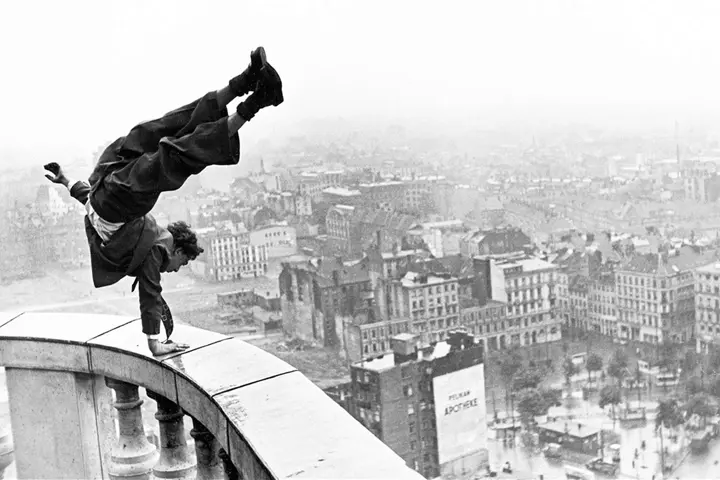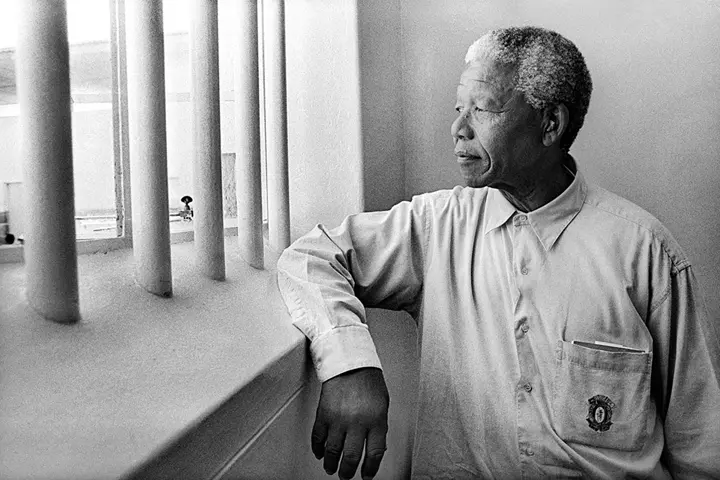Leica Gallery Madrid tribute to the German photographer Jürgen Schadeberg, who died last August at his home in La Drova (Valencia) where he had lived for years, after an intense life of traveling and photography around the world.
Jürgen is especially known for his work in apartheid South Africa, with images such as the iconic Nelson Mandela in his cell, taken in 1994 when he was visiting Robben Island, where he was imprisoned for 18 of the 27 years and that can be seen at the exhibition.
In the words of his widow and curator of the exhibition, Claudia Schadeberg:
This diverse personal selection of Jurgen's images spans 6 decades, from 1948 to 2007, in Europe and South Africa and was chosen because they reflect to me Jürgen's empathetic, humanistic, compassionate and humorous outlook on his subjects. They seem to capture the essence and humanity of the characters and create magical moments of the mundane. Jurgen said "a photograph is a pause button in life - it captures a moment in life that is gone forever and that is impossible to reproduce."
These images reflect the way that Jurgen skillfully documented the contrasts of race, culture and class, and always managed to shed light on the humanity of his subjects, whether they were the oppressed or the privileged. Jurgen had a driving passion for focusing his lens on social justice and human rights in part as a result of his tumultuous childhood growing up in war-torn Berlin where society promoted oppression and racism, a period he described as " a slow descent into hell. "
Moving to apartheid South Africa, Jurgen immediately set about using his camera to document the injustices of a society that denied people their basic freedoms. He was one of the few photographers who documented the social, cultural, and political history of the black world and also trained the next generation of black photographers, as there were none at the time. Sometimes called the father of African photography, Jurgen spent 6 decades documenting pre and post apartheid South Africa.
This theme of social justice continued in Europe where projects include the six non-swinging British societies, the poverty in Glasgow, the contrasting class structure of the UK, the neo-Nazis in Germany and the demise of traditional Spanish life. In the latter part of his career he focused on the positives and harmony of rural communities, as he had suffered the exhaustion of a life that documented conflict, inequality, poverty gaps and racial tension.
Throughout his seven-decade career, Jurgen, with rigorous initial training in photography and decades in the darkroom, honed his photography skills by creating in his show a delicate balance between light, framing, space, time and composition.
When I met Jurgen in the 70s I immediately fell in love with these photos ... and the photographer. We have lived and worked together successfully for 4 decades and now, after his death, I continue to work on our large photography archive which is a rare magical treasure of visual history.
The works are for sale (ask at Leica Gallery Madrid for the options of originals and digital editions).
Leica Gallery Madrid
Calle Ortega y Gasset 34
28006 Madrid
Spain

